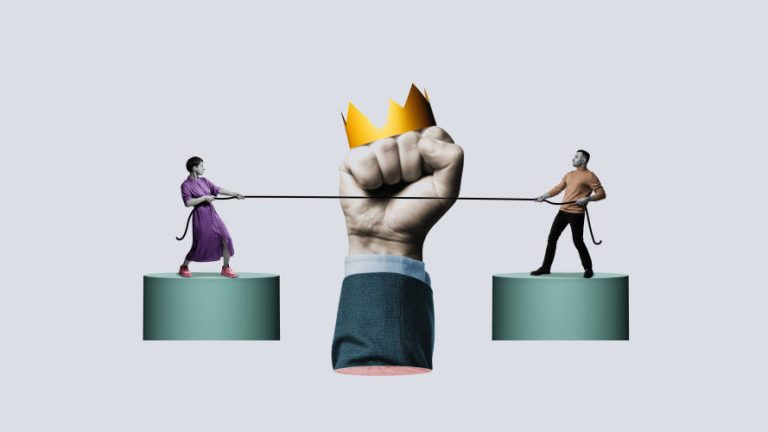Empowering women’s advancement in politics. Bridging the gender gap in political leadership
One crucial area, political leadership, must be more balanced in developing a just and inclusive society. Women’s presence in political offices worldwide has lagged, despite major advancements in gender equality in numerous sectors. This article, “Bridging the Gender Gap in Political Leadership,” examines the numerous obstacles to women’s advancement in politics and the wide-ranging effects of this inequality.
This article provides an in-depth analysis of the core causes of the underrepresentation of women in leadership roles, highlighting the critical contribution of societal attitudes, structural barriers, and governmental solutions. This article promotes transformative methods to empower women in politics and develop a representative and dynamic governance by reviewing successful efforts and sharing inspirational experiences.
Creating a Supportive Policy Framework
Adopting supporting policy frameworks is essential to closing the gender leadership gap in politics. Governments need to put gender equality at the top of their political agendas and pass laws that support women’s representation. Equal possibilities for men and women in political life should be guaranteed by legal frameworks, which should also protect women’s rights and combat discriminatory practices. Women seeking leadership roles should feel more confident if strict regulations against gender-based harassment are enforced, and anti-discrimination laws are implemented.
Additionally, measures that support families are essential in advancing women’s political careers. Caregiving tasks frequently fall disproportionately on women, making it difficult for them to strike a balance between their political aspirations and family obligations. This burden can be lessened by policies like inexpensive daycare, parental leave, and flexible working schedules, allowing women to pursue political careers without forgoing their familial duties.
Promoting Gender-Inclusive Education
Education is a powerful weapon for changing cultures and developing the next generation of leaders. We may challenge established gender roles and encourage young girls to feel empowered and ambitious by supporting gender-inclusive education. Schools should work to eradicate gender prejudice in the curriculum, support girls in leadership roles, and encourage equitable opportunities for extracurricular activities. We create the groundwork for a future political landscape that is more varied and representative by empowering girls from a young age.
Engaging Men as Allies
Men must actively work to close the gender gap in political leadership by acting as partners and change agents. To challenge gender conventions, eradicate patriarchy, and promote women’s aspirations for leadership, men can play a critical role. Particularly male political leaders have a unique opportunity to shape public opinion and serve as role models by advancing gender equality inside their parties and administrations.
Men being partners in this project can also help handle any potential opposition to women’s political advancement. We foster a more open debate necessary for societal change by including less in discussions about the advantages of gender equality in leadership and busting stereotypes that limit women’s potential.
Measuring Progress and Holding Accountable
The gender pay gap in political leadership must be properly closed; therefore, development must be monitored and assessed regularly. Governments and political parties should set goals and benchmarks for increasing the number of women in elected office and leadership positions. Progress can be tracked, and those who disregard the importance of gender diversity in politics can be held accountable through open reporting and regular inspection.
International Cooperation and Knowledge Sharing
Global efforts are being made to achieve gender parity in political leadership. International collaboration and knowledge exchange can make sharing successful initiatives, best practices, and approaches to tackling shared obstacles easier. Platforms that allow for the exchange of experiences can aid nations in learning from one another and implementing practices and policies that have successfully advanced women’s political participation.
Ultimately, “Bridging the Gender Gap in Political Leadership” is a crucial call to action for all countries. We can usher in a new era of governance that benefits from the entire spectrum of talents and viewpoints that women leaders bring by identifying and tackling the many hurdles that prevent women from participating in politics. Increasing the number of strong, inclusive, and successful democracies that function for the benefit of all is the goal of empowering women in political leadership, which goes beyond simply achieving parity. We can create a future where men and women work side by side to create a more just and prosperous society for future generations if we work together with focused efforts and steadfast dedication.






Add comment